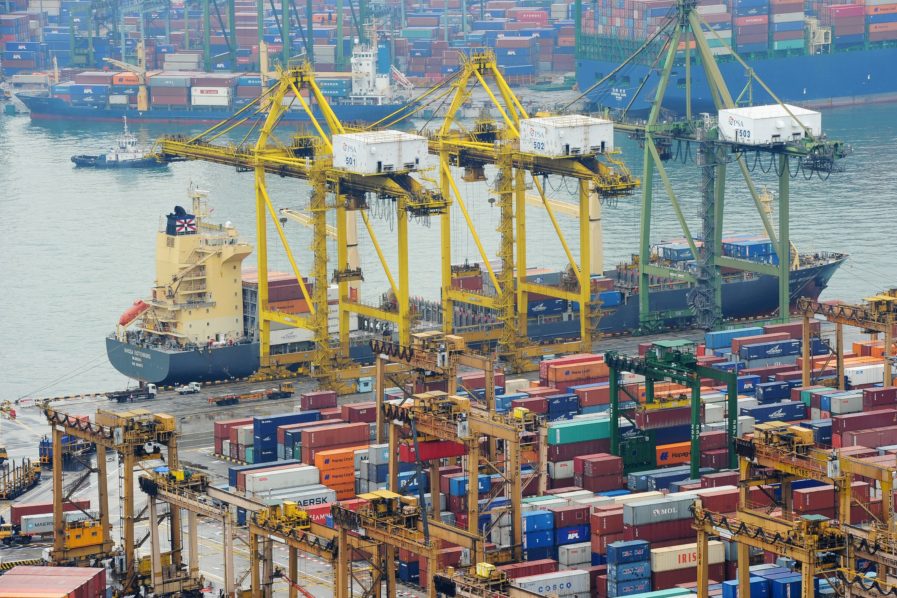
Stakeholders in the maritime industry have said Niger Republic, Chad, Burkina Faso and Mali stopped using Nigerian ports due to the lingering problems in the maritime industry.
They said efforts made by the Nigerian Shippers’ Councils (NSC) to bring back the neighbouring countries have remained unsuccessful, as the challenges in the ports have defied solutions. They noted that Ghana and Cote d’Ivoire enjoy smooth port operations, thus dominating trade in West and Central Africa.
These were the submissions at a conference organised by the Association of Maritime Journalists of Nigeria (AMJON) in Lagos, with the theme: ‘Seamless Ports Operations’. They also called for the establishment of a maritime ministry for adequate attention.
The National President of the Association of Nigerian Licensed Customs Agents (ANLCA), Tony Iju Nwabunike, in a paper on ‘Roles of Customs Brokers and Freight Forwarders in Seamless Port Operations’, decried several factors militating against the maritime industry.
He listed the challenges to include lack of infrastructure like scanners, the multiplicity of agencies at the seaport, perennial traffic gridlock hindering easy access to the seaport, poor road network and lack of support for the railway system.
Others are activities of miscreants at ports, corruption/sabotage in the system, low capacity and under-utilisation of eastern ports.
Nwabunike, who was represented by the National Vice President of ANLCA, Dr. Kayode Farinto, said while Nigeria lagged in ports operations, Ghana and Cote d’Ivoire have moved ahead.
Nwabunike recalled that some years back, Niger Republic, Chad, Burkina Faso and Mali were clearing their goods in Nigeria but regretted, that stopped due to lingering problems in the nation’s port system.
He said efforts made by NS to bring back those neighbouring countries were unsuccessful, due to increased insecurity in the country and geographical location of the seaport with traffic logjam emerging as one of the toughest challenges.
He also cited advanced countries like the United States, China, France, the United Kingdom, Denmark, Sweden and Singapore where port operations have become seamless.
“Apart from low capacity, another factor working against seamless port operations in Nigeria is the human interface, which causes unnecessary bottlenecks. Port operations in other countries are digitalised, such that human interventions are eliminated. In such countries, Customs brokers carry out their transactions from the comfort of their offices because the system is highly automated and movement of people is restricted within the port ambiance,” he added.
He, however, called on the Federal Government to provide scanners and modern facilities to fast-track cargo examination and seamless port operations and streamline activities of government agencies at the seaports.
[ad
He also charged the government to provide a functional railway system for the immediate evacuation of containers out of the ports, as well as check corruption and misappropriation of public funds in the system.
The President of AMJON, Paul Ogbuokiri, said if the Federal Government fixes the 10-kilometer Oshodi-Apapa expressway, which has been under construction for many years, it would reduce the gridlock by 60 per cent. He added that a motorable road system is essential in the drive towards seamless port operations in the country.
Ogbuokiri also charged the management of the NSC to join the effort of other government regulatory bodies to bring the idea of ‘blue economy project’ to reality.
“We are calling on the new management at the NSC that the learning period is over; join the efforts of others now in ensuring that port operation becomes seamless
“It is also expected that the Nigerian Shippers Council, which in recent times has lost its vibrancy will wake to its responsibility of protecting the cargo interest of the Nigerian shippers, ensure efficiency in the logistic chain,” he added.






